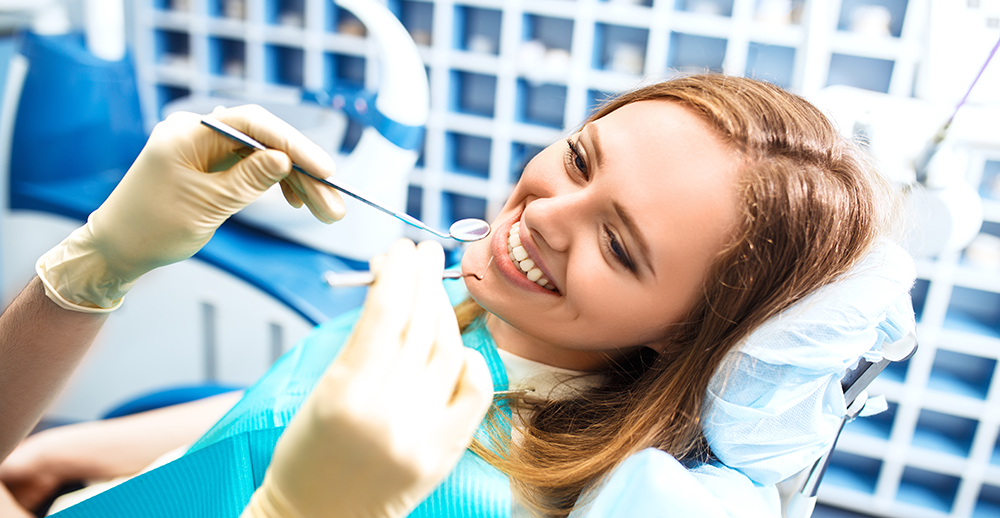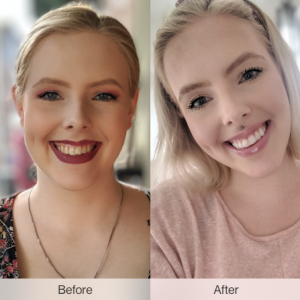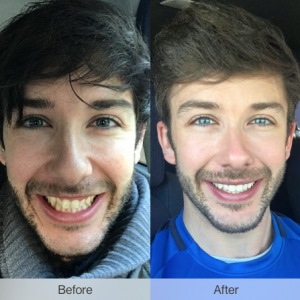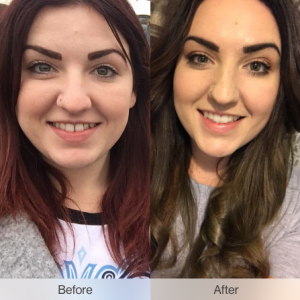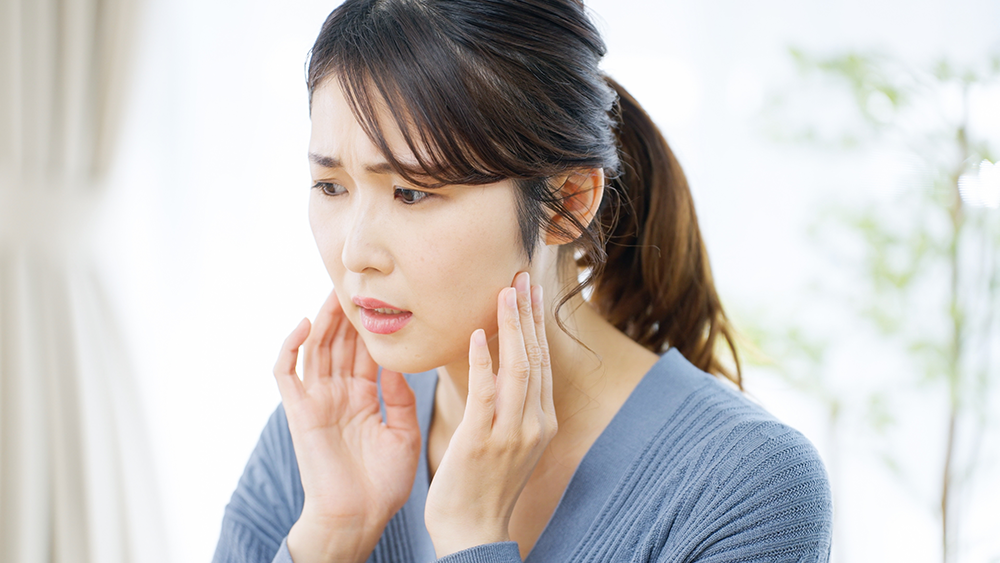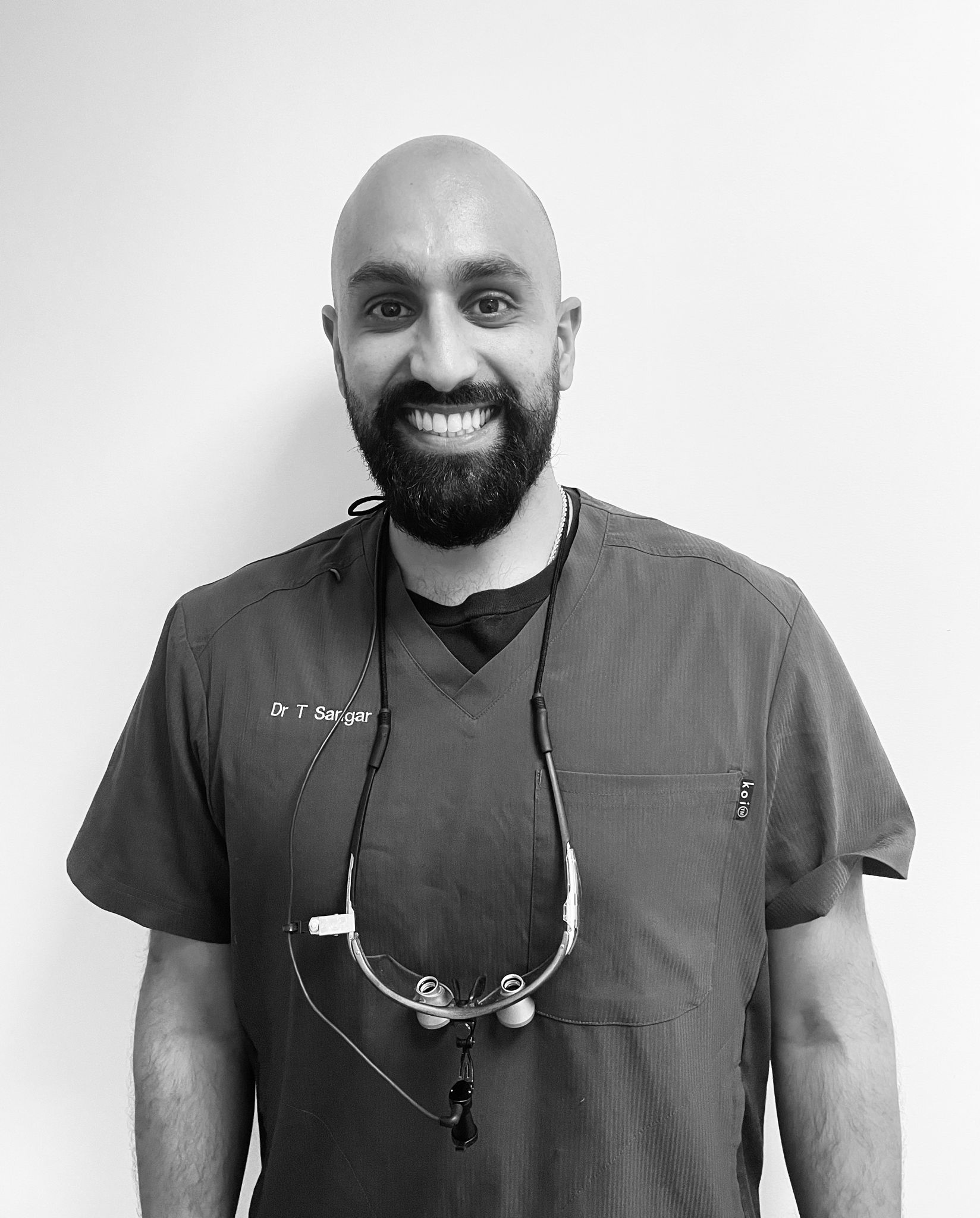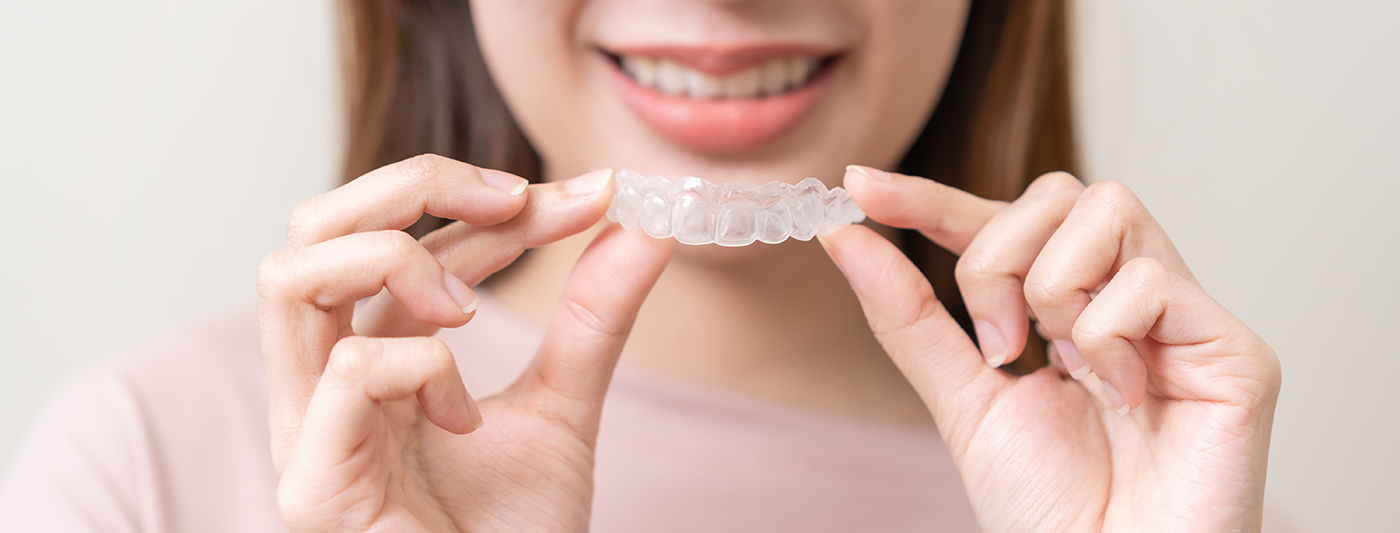A root canal is one of the most misunderstood dental procedures, often associated with pain and discomfort. However, thanks to modern techniques and anaesthesia, it’s now a straightforward and pain free way to save a damaged or infected tooth. Here at Face Dental, we want to reassure our patients that a root canal is nothing to fear. Now a routine treatment that can relieve pain and importantly restore your oral health.
What is a Root Canal?
A root canal is a procedure designed to treat an infection or deep decay inside a tooth. When the pulp (the soft tissue containing nerves and blood vessels) becomes inflamed or infected, it can cause severe pain and, if left untreated, lead to further complications. A root canal removes this damaged pulp, cleans the canals, and seals the tooth to prevent further infection.
At Face Dental, we regularly perform root canal treatments with precision and care, ensuring our patients experience as little discomfort as possible. As one of the leading Dentists in Coventry you can rest assured you will receive only the best treatment.
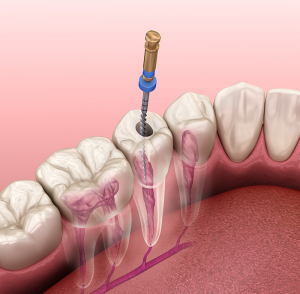
What to Expect During a Root Canal Treatment
The first step is a consultation, where our expert dentists will assess your tooth and take X-rays to determine the extent of the infection. If a root canal is necessary, we will discuss the procedure with you in detail.
To ensure a pain-free experience, we will apply a local anaesthetic to numb the affected tooth and surrounding area. Most patients compare the sensation to that of a routine filling—completely manageable and comfortable.
During the Procedure
A root canal is typically completed in one or two visits, depending on the severity of the infection. Here’s what happens during the treatment:
- Accessing the Tooth – A small opening is created in the tooth to reach the infected pulp.
- Cleaning the Canals – The damaged or infected tissue is carefully removed, and the canals are thoroughly cleaned to prevent further infection.
- Shaping & Sealing – The canals are shaped to allow for filling, then sealed with a biocompatible material to strengthen the tooth.
- Temporary or Permanent Filling – In some cases, a temporary filling is placed before a permanent crown is fitted to restore the tooth’s strength and function.
At Face Dental, we have heavily invested in the latest technology and training to make all our procedures as efficient and comfortable as possible. With Principle dentists such as Abdul Osman, a leading member of The Association of Dental Implantology UK and The International Team of Implantology continually striving to provide Face Dental patients with the very best in dental treatment.
After the Procedure
Following the treatment, you may experience mild soreness or sensitivity for a few days. This is completely normal and can be managed with over-the-counter painkillers. Most patients find that any discomfort is minimal compared to the pain they felt before the procedure.
To ensure the best results, we recommend:
- Avoiding hard or sticky foods for a few days
- Maintaining good oral hygiene with gentle brushing and flossing
- Attending any follow-up appointments for a permanent crown if required
The treated tooth can last a lifetime with proper care, making a root canal one of the best ways to preserve your natural smile.
Common Questions About Root Canals
At Face Dental, we know many patients have concerns about root canals, so here are some of the most common questions we receive:
- Is a root canal painful? No, modern anaesthesia ensures the procedure is comfortable and pain-free. Most patients feel relief from the pain caused by the infection.
- How long does a root canal take? The procedure typically takes 60–90 minutes per session, and some cases require two visits.
- Can I eat after a root canal? It’s best to wait until the numbness wears off. Soft foods are recommended for the first day or two.
A root canal is a highly effective way to save a damaged tooth and prevent further dental issues. Here at Face Dental, we prioritise patient comfort and use the latest techniques to make the process as smooth as possible. If you’re experiencing tooth pain or have been advised to have a root canal, don’t delay treatment—book an appointment with our experienced dental team today.
By addressing the issue early, you can protect your smile and enjoy long-term dental health. Contact Face Dental now to schedule your consultation.

